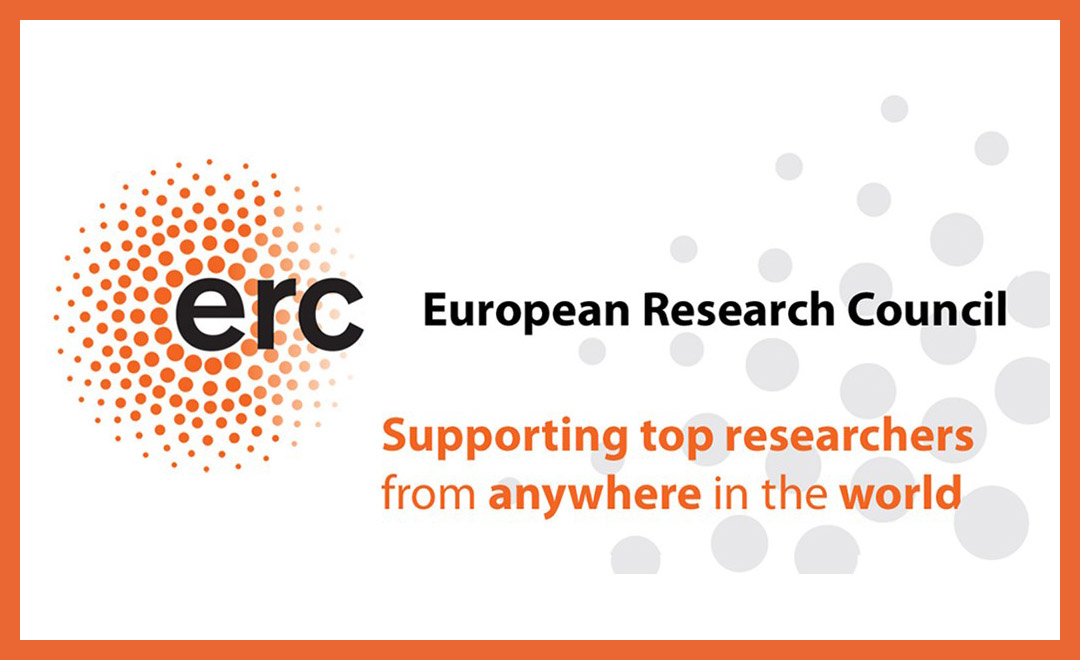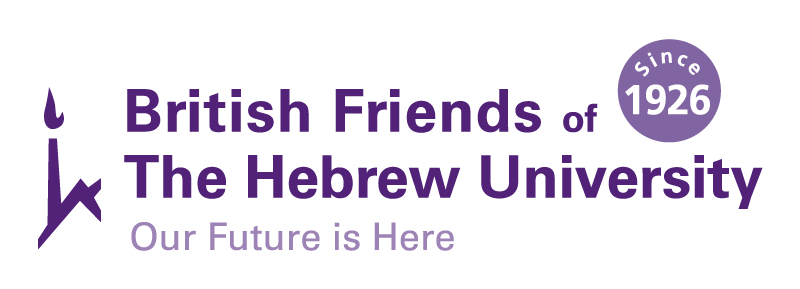
Three professors at the Hebrew University of Jerusalem (HU) have been awarded European Research Council Advanced Grants, the European Research Council (ERC) announced today. These EU-funded grants provide awardees with up to 2.5 million Euro (roughly 10 million NIS) in “long-term funding to pursue ground-breaking, high-risk projects”, according to the ERC. Where necessary, the Grant also provides up to 1 million euro in lab equipment and machinery.
Competition for these grants is steep. Of the 2,052 applications received, only 185 (11%) won funding. Further, these grants are available only to researchers with a proven track-record of significant achievements. Overall, Israel won 5 ERC Advanced Grants this year, with 3 at HU and one each at Tel Aviv University and the Technion.
These ERC grants will not only allow scientists to further their groundbreaking research but also lead to job creation. An estimated 2,000 postdocs, PhD students and laboratory staff will likely be employed by the 185 ERC awardees.
The three Hebrew University’s ERC Advanced Grant projects include:
1. Professor Yinon Ben-Neria, Immunology and Cancer Research, HU Faculty of Medicine. Aawarded 3,200,000€ to develop an “Onco-Destroyer” to treat adult acute leukemias. Read the Proposal Here
2. Professor Gideon Shelach, Asian Studies, HU Faculty of Humanities. Awarded 2,499,750€ to study “The Wall: People and Ecology in Medieval Mongolia and China”. Read the Proposal Here
3. Professor Alex Lubotzky, Mathematics, HU Faculty of Mathematics and Natural Sciences. Awarded 1,628,750€ to study “Stability and Testability: Groups and Codes TeStability”. This is the third time Lubotzky has won an ERC Advanced grant. Read the Proposal Here
Carlos Moedas, European Commissioner for Research, Science and Innovation, shared, “The ERC Advanced Grants back outstanding researchers throughout Europe. Their pioneering work has the potential to make a difference in people’s everyday life and deliver solutions to some of our most urgent challenges.”
